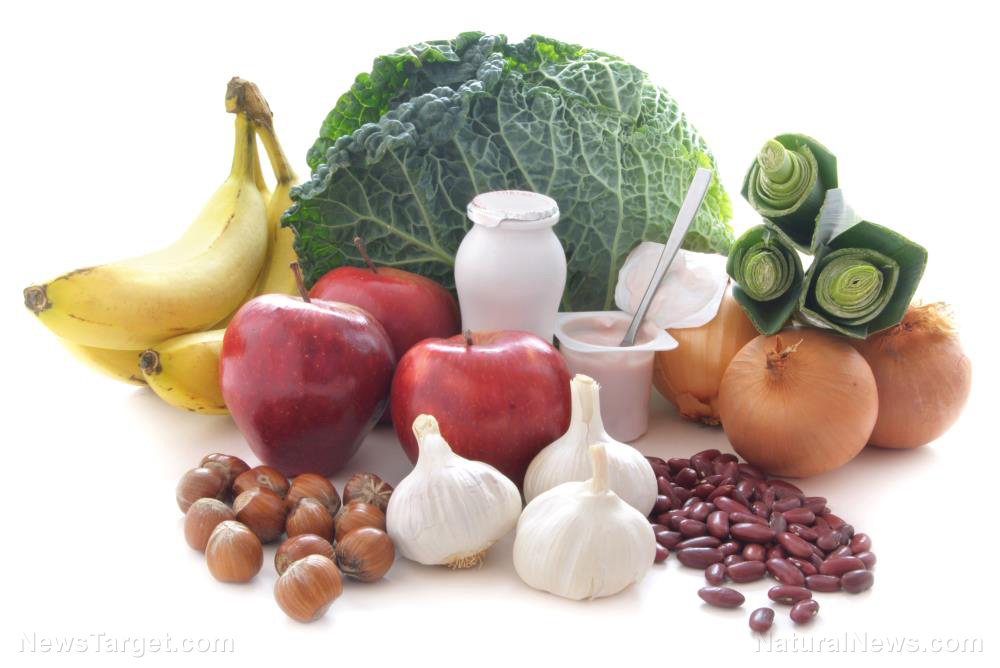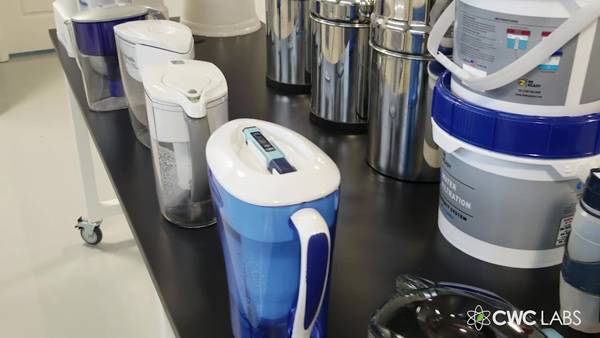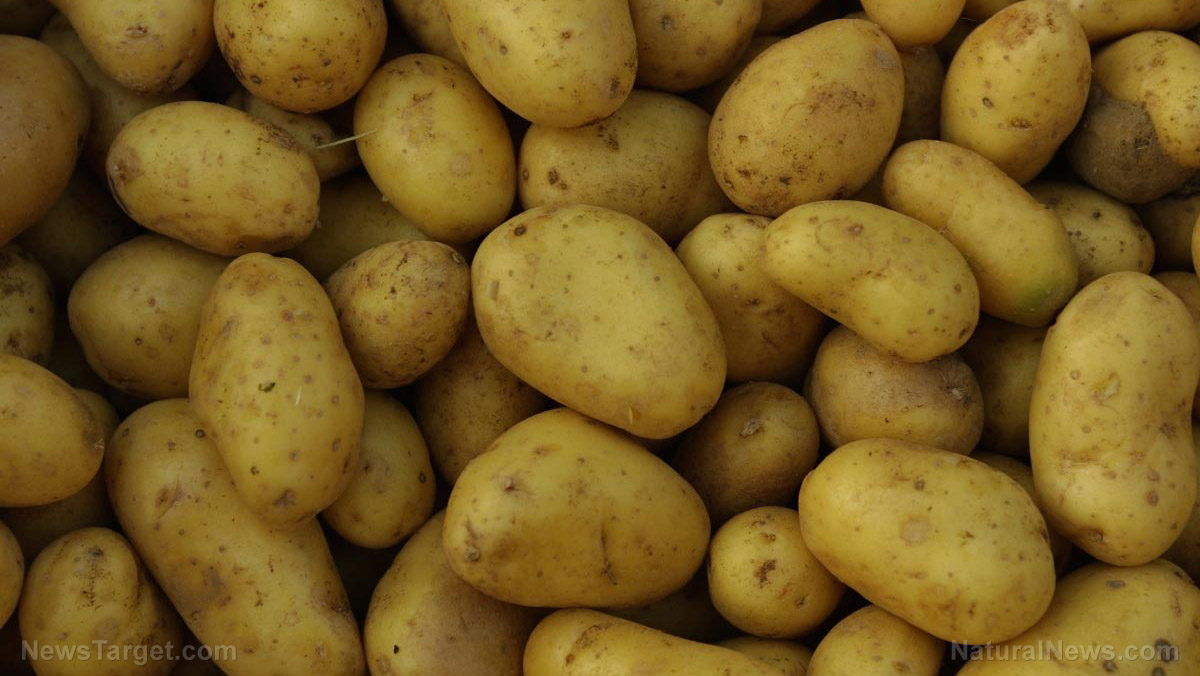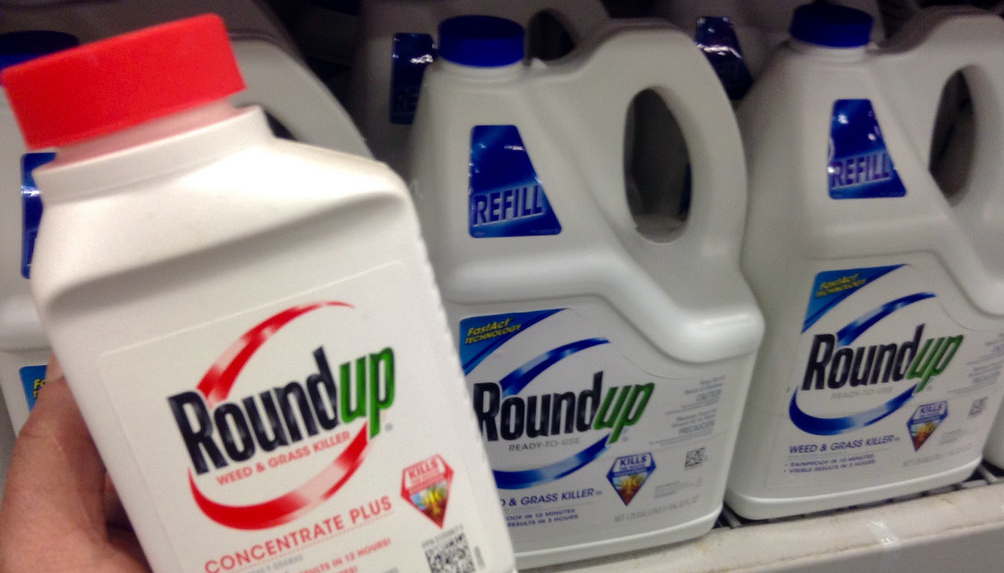Dangerous monopoly on the horizon as five of the “Big 6” agricultural corporations now looking to merge
06/12/2017 / By Russel Davis

Six of the world’s biggest agricultural companies known as the “Big 6” may soon form a dangerous monopoly as interest in proposed mergers has become more pronounced in the last few years. For instance, Dow Chemical and DuPont proposed a merger in December 2015, but are slated to eventually separate their merged agriculture, materials science, and specialty products businesses into three independent and specialized firms. On the other hand, state-owned Chinese firm ChemChina offered to buy out Syngenta at a whopping $43 billion early last year. In September 2016 Bayer proposed to acquire Monsanto for $66 billion.
Antitrust authorities in the U.S. and the European Union (EU) are set to review each merger. The Federal Trade Commission (FTC) also noted that all three proposed mergers are also slated to undergo assessments from antitrust agencies in Australia, Canada, India, and Mexico. Both the reviews and the financial aspect of the transactions are expected to defer the completion of the mergers. The FTC noted that the U.S. antitrust law gives the agency and the Department of Justice authority to review and block mergers and acquisitions that may substantially compromise competition.
Dow and Dupont executives met with the EU competition authorities in March this year, and noted that their merger may be completed in August. A spokesperson from Syngenta gave a similar target date for their merger. On the other hand, Bayer may complete its acquisition of Monsanto later this year.
The proposed mergers and acquisition did not sit well within the agricultural sector, prompting a nationwide concern over competition and fewer choices in the marketplace.
“The reduction in competition that would be brought by a Dow-DuPont merger will result in less innovation, higher prices and less choice for farmers. The merge of Dow and DuPont, the fourth and fifth largest firms in the country, would give the resulting company about 41 percent of the market for corn seeds and 38 percent of the market for soybean seeds,” National Farmers Union President Roger Johnson said in SummitDaily.com.
“If these posed mergers work like all of the past ag [sic] supply mergers that we have already experienced, it will mean that we have fewer choices in the market place. Less competition has always meant fewer buyer choices and higher prices for farmers. I don’t know of any merger, ever, in the last 40 years that has produced a benefit to a farmer…Our antitrust laws need to be updated and our enforcement needs to be brought to levels that it has not seen for a long time for us to try to begin to put competition back into the market. That is not going to be done by an administration that wants to turn big business loose from government oversight…we are now facing the most concentrated set of markets that agriculture has seen since the early 1900s, when the antitrust acts were finally implemented,” Nebraska Farmers Union President John Hansen added.
“Big 6” holds majority of global, U.S. agricultural market
The “Big 6” currently holds 60 percent of the global market for agricultural products including seeds, pesticides, and herbicides. In the U.S., four of the largest agricultural firms accounted for a 25 percent increase in corn seed sales across the country, from only 60 percent in 2000 to 85 percent in 2015. These firms were also responsible for a significant increase in soybean sales between 51 to 76 percent during the same period.
Should the merger between Dow Chemical and DuPont come into play, the resulting company is expected to hold 41 percent of the market for corn seeds and 38 percent of the market for soybean seeds.
Data from the U.S. Department of Agriculture’s Economic Research Service also revealed that the “Big 6” accounted for a 91 percent share in cotton sales, with Monsanto and Bayer being the two biggest sellers of cottonseed. (Related: This is how the Bayer-Monsanto merger will affect the market)
Sources include:
Tagged Under: agriculture, Bayer, ChemChina, Dow Chemical, DuPont, merger, Monsanto, Syngenta




















